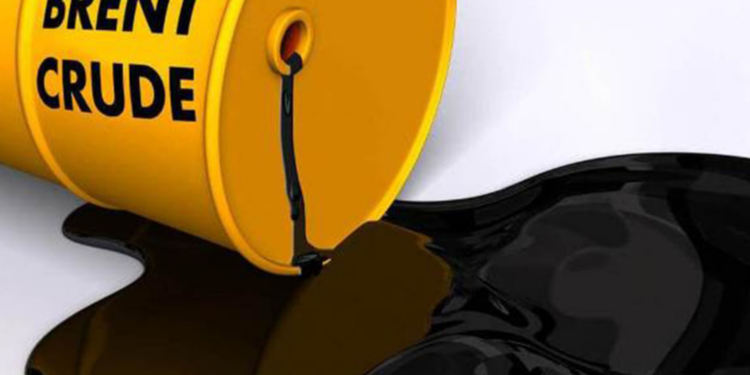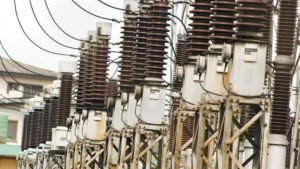
Oil prices surged by more than a dollar in early trading today amid growing concerns that escalating tensions in the Middle East could disrupt crude production, following Iran’s most significant military strike against Israel.
Brent futures rose by $1, or 1.36%, to $74.56 per barrel, while U.S. West Texas Intermediate (WTI) crude increased by $1.07, or 1.53%, to $70.90 as of 03:30 GMT. On Tuesday, both benchmarks saw gains of over 5% during trading.
On Tuesday, oil prices rose by about 3% following Iran’s launch of ballistic missiles at Israel in response to Israel’s military operations against Hezbollah, Tehran’s ally in Lebanon. Brent futures increased by $1.86, or 2.6%, closing at $73.56 per barrel, while U.S. West Texas Intermediate (WTI) crude climbed $1.66, or 2.4%, to settle at $69.83. Earlier in the day, both benchmarks had spiked over 5%.
Alarms were triggered throughout Israel, and explosions were heard in Jerusalem and the Jordan River valley as residents sought safety in bomb shelters.
Iran stated that the strikes were carried out in retaliation for attacks on Gaza and Lebanon, as well as the recent assassinations of leaders from Hamas, Hezbollah, and the Islamic Revolutionary Guard Corps (IRGC). The country also issued a warning to Israel against any form of retaliation.
Israeli officials have vowed to retaliate following Iran’s launch of a barrage of ballistic missiles targeting key military and security sites in Israel.
Iran’s direct involvement in the conflict, as an OPEC member, raises concerns about potential oil supply disruptions. The country’s oil production reached a six-year high of 3.7 million barrels per day in August, accounting for roughly 4% of global supply.
A panel of ministers from OPEC and its allies, collectively known as OPEC+, is scheduled to meet later on Wednesday to review the market, though no policy changes are expected.
Starting in December, OPEC+, which includes Russia, plans to increase output by 180,000 barrels per day (bpd) each month.
South Korean President Yoon Suk-yeol expressed concern over the country’s energy supply amid the Middle East crisis. His office reported that on Wednesday, Yoon met with national security and economic advisers, urging a swift yet measured response to any potential impacts the conflict could have on South Korea’s energy resources.
Rising oil prices will come as a positive sign to Nigeria’s fiscal position as it signals increased revenue for government and potential rise in the country’s foreign reserves.
However, with the intent of the NNPC to full transition into a cost-reflective petrol market era, higher crude oil prices would translate to higher petrol prices would could come as a blow to Nigerians who are alsready battling record level petrol prices at over N1,000 per litre in major cities across the country.







